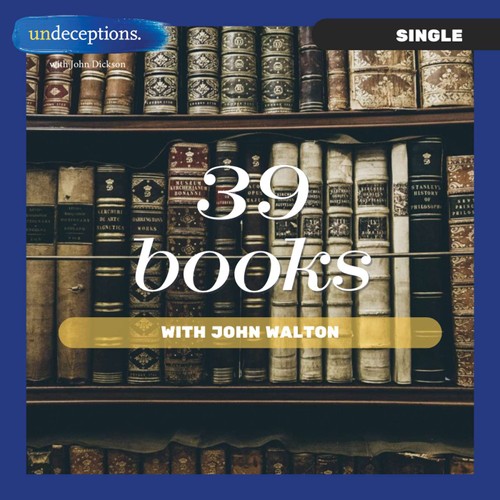
 Undeceptions with John Dickson
Undeceptions with John Dickson SINGLE: 39 Books
Nov 10, 2024
John Walton, a leading expert on the Old Testament and professor at Wheaton College, takes listeners on a captivating journey through its 39 books. He provides a concise overview, breaking down complex narratives and literary genres. Discussions dive into ancient creation stories, the significance of the Torah as customary wisdom, and the pivotal role of prophets in guiding Israel's kings. Walton also sheds light on themes of exile and the deep human emotions expressed in the Psalms, urging a richer understanding of this foundational scripture.
Chapters
Books
Transcript
Episode notes
1 2 3 4 5 6
Intro
00:00 • 2min
Understanding Ancient Creation Narratives
01:53 • 8min
Understanding the Torah: Law and Society
09:38 • 7min
The Role of Prophets in the Monarchy Period
16:24 • 3min
Understanding Exile and Wisdom Literature in the Old Testament
19:32 • 5min
The Psalms: Human Expressions of Faith
24:50 • 4min

